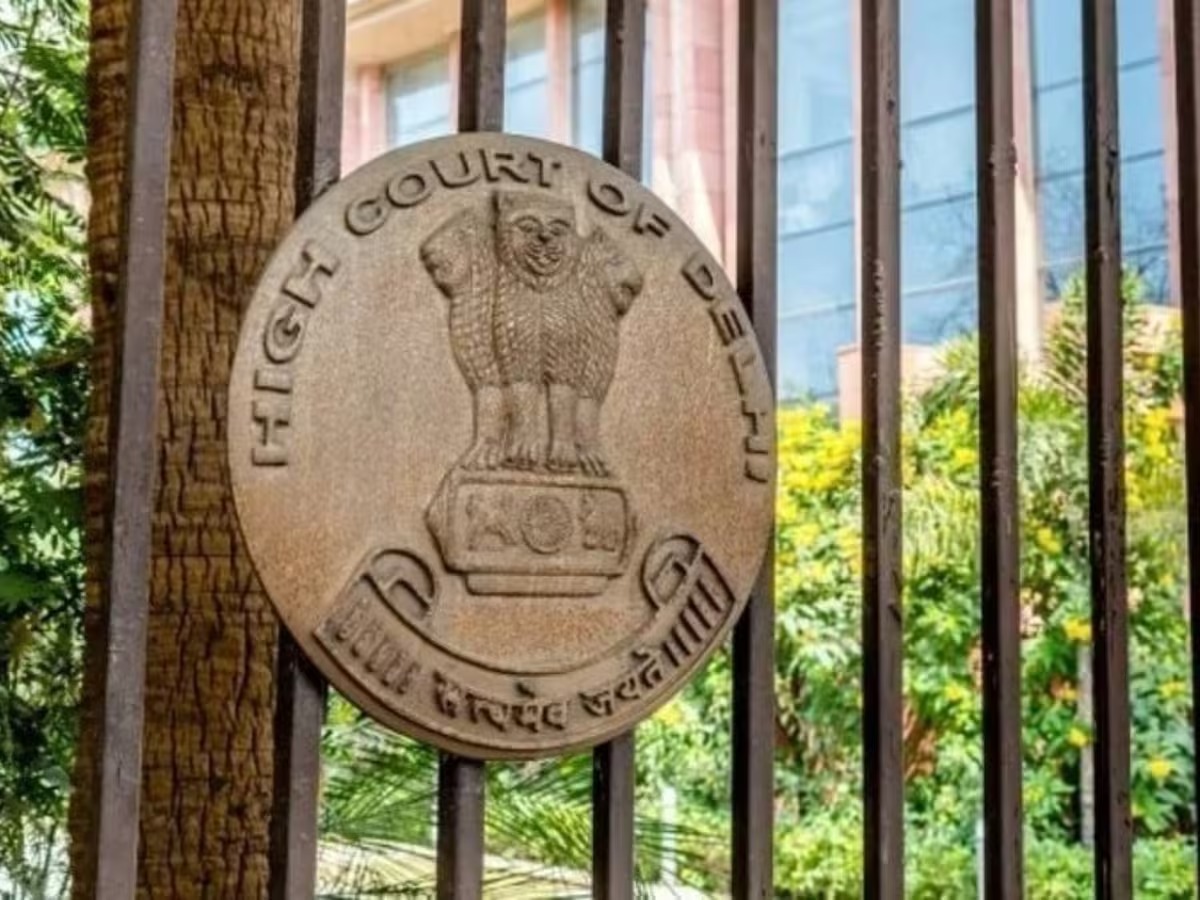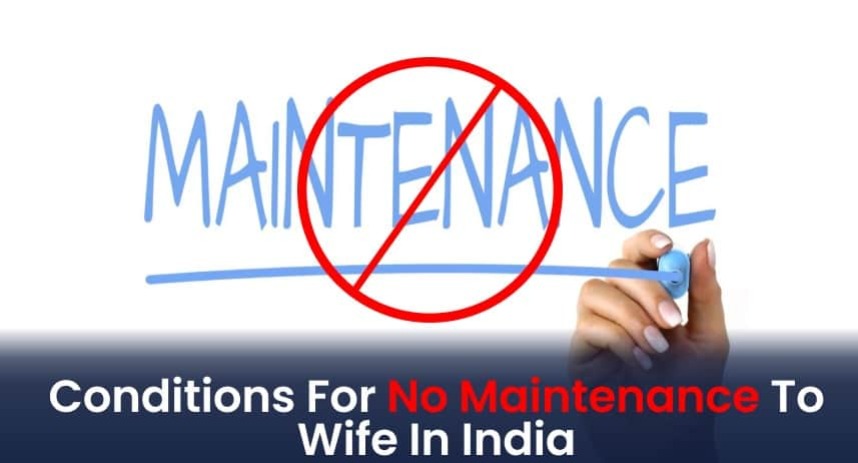Lancelot Sanderson, C.J.@mdashIn this ease criminal proceedings were taken against the molainant Harendra Nath Chatterjee by the petitioners Profulla Kumar Ghose and Jogesh Chandra Sarkar u/s 409 of the Indian Penal Code. The Magistrate who enquired into the complaint in those proceedings came to the conclusion that it could not be substantiated and discharged the accused person Harendra Nath Chatterjee. Thereupon Harendra Nath Chatterjee applied for sanction u/s 195 of the Criminal Procedure Code to prosecute Pro-fulla Chandra Ghose and Jogesh Chandra Sarkar u/s 211 of the Indian Penal Code, and in the alternative asked for process against these two persons u/s 500 of the Indian Penal Code. The Magistrate refused sanction u/s 195 to Harendra-Nath Chatterjee to prosecute the petitioners u/s 211, but granted process u/s 500.
2. An application was made to this Court by Mr. Monmotha Nath Mukherjae on behalf of the petitioners Profulla Kumar Ghose and Jogesh Chandra Sarkar, and he obtained a Rule which was granted on two grounds. The first ground was that the facts alleged in the petition of the opposite party did not disclose any offence u/s 500, Indian Penal Code, or 500/109, Indian Penal Code." The second ground was that the petition for sanction to prosecute u/s 211, Indian Penal Code, having been rejected the petitioners ought not to be proceeded against u/s 500 or 500/109, 1 ndian Penal Code, on the same facts."
3. The Magistrate has sent an explanation with regard to that Rule, and after setting out what occurred he said thus: "As I found prima facie no lawful and reasonable ground for the action taken by the petitioners against the said Harendra Nath Chatterjee u/s 409, Indian Penal Code, and the allegations in the petition of complaint in reference to the same charge were not made in good faith, I ordered the issue of process u/s 500, Indian Penal Code."
4. I am of opinion that this Rule ought to be made absolute upon the second ground which I have already mentioned, and I will give my reasons for that opinion directly.
5. A good deal of time has been taken up in arguing whether the statement in the complaint--assuming that it was untrue to the knowledge of the person who made it and was not made bona fide--was privileged, and, incidentally, the question whether such a statement contained in a complaint was the subject of an unqualified privilege or whether the only privilege which was applicable to defamation under the Indian Penal Code was that which is set out in the same Code; in other words, whether the statement of privileges contained in the Indian Penal Code was exhaustive or not. Upon this matter I regret to say that I find there are numerous conflicting authorities in the reports, and personally I should have teen glad if this matter could have been referred to a Pull Bench of this Court, in order that the matter might have been finally determined and settled one way or the other. But inasmuch as I am of opinion that the Rule ought to be made absolute upon the second ground, I do not think it would be fair or right to the petitioners to put upon them the burden and expense of having this case further adjourned in order that the point might be argued before a Full Bench.
6. With regard to the second ground the reasons for my opinion are these. Having regard to the Magistrate''s explanation which I have already read, if any offence was committed by the two petitioners Profulla Kumar Ghose and Jogesh Chandra Sarkar, to my mind, it was clearly an offence u/s 211 of the Indian Penal Code. Section 2 1 says, Whoever, with intent to cause injury to any person, institutes, or causes to he instituted, any criminal proceeding against that person, or falsely charges any person with having committed an offence, knowing that there is no just or lawful ground for such proceeding or charge against that person shall be punished...." Now, the Magistrate found, as stated in his explanation, that the statement in the complaint was untrue, that the petitioners had no lawful or reasonable ground for the action that they took, and that, therefore, their complaint against Harendra Nath Chatterjee was not made in good faith. On those facts, if any offence was committed at all, it was clearly u/s 211, and yet the Magistrate on those facts refused to give his sanction u/s 1 95. 1 ought to have said that proceedings for that offence could not be taken without the sanction of the Magistrate, and the Magistrate refused the sanction. The clear intention of the Legislature was that with regard to such an offepce as that, proceedings should not be taken unless the sanction of the Court which investigated the matter had been obtained. In this case, the Magistrate, having refused sanction to prosecute u/s 211 of the Indian Penal Code, went on to allow process to issue in respect of an alleged offence u/s 500, that is to say defamation, which would be based upon the facts which I have already referred to, namely, that the statement in the complaint was untrue and that the petitioners had no lawful and reasonable ground for the action taken by them, and that it was made without bona fides. If that were allowed to be done, then I think the provision of the Legislature which is contained in Section 195 of the Criminal Procedure Code might just as well be wiped out. I think it would be wrong for us to allow process to issue for an offence u/s 500 when the facts alleged, if they constituted an offence at all, would amount to an offence u/s 211 and the sanction of the Magistrate necessary for a prosecution u/s 211 had not been obtained. I think that the ground which I have already mentioned sums up exactly the position, namely, that the petition for sanction to prosecute u/s 211, Indian Penal Code, having been rejected, the petitioners ought not to be proceeded against u/s 500 or 500/109, Indian Penal Code, on the same facts."
7. For these reasons I think that the Rule Should be made absolute.
8. Just one matter I wish to add, that is with regard to the remark which the learned Vakil who appeared for Harendra Nath Chatterjee made yesterday. He said that his client had been wrongly prosecuted and a false charge had been made against him and thereby a great reflection has been made upon his character; and unless he was allowed to go on with this prosecution he would remain under that reflection. I wish to say that the fact that we are making this Rule absolute does not reflect upon the character of Harendra Nath Chatterjee in any shape or form. No doubt a charge was made against him, but the Magistrate has come to the conclusion that there was no foundation for that charge and he has dismissed it. So far as Harendra Nath is concerned, he is able to walk the world as if no such charge has been made against him there is no reflection against his character so far as this Rule is concerned, because the ground upon which we have made this Rule absolute does not depend upon the merits of the case.
Richardson, J.
9. I agree. The question whether complainants and witnesses enjoy the same complete immunity in India as in England has been discussed in the various High Courts almost ad nauseam and has given rise to much difference of opinion. The stock arguments on the one side and the other are well known. On the present occasion it is unnecessary to consider those arguments or to hazard an opinion upon that question in its broader aspects. It is enough to say that, in my opinion, a person who, having been accused of an offence by another, has been discharged or acquitted, cannot be allowed to evade the provisions of Section 195 of the Criminal Procedure Code by preferring a complaint u/s 500 of the Penal Code when leave has been refused to prosecute u/s 211, the offence charged being clearly and essentially an offence under the latter section. The care taken to protect complainants from being harassed by prosecutions for instituting false cases is a clear indication that the Legislature never intended or contemplated that upon refusal of leave to prosecute u/s 211, a person who has been discharged or acquitted should be allowed to fall back upon Section 500. To permit such a course to be taken would render entirely nugatory the salutory provisions of Section 195 of the Criminal Procedure Code.
10. The question moreover does not rest entirely upon inferences in regard to the intention of the Legislature. The offence charged in the present case, though it is described as an offence u/s 500, is not altered by that description. It still remains an offence "punishable" u/s 211. When the Magistrate had refused leave to prosecute under the latter section he ought not to have issued process u/s 500.
11. There are only a few words I wish to add. It has been stated in the course of the argument on behalf of the opposite party that he appealed to this Court from the order refusing leave to prosecute u/s 211 and that his appeal was rejected by a Bench of which I was the presiding Judge. When that appeal came before as, all that we had was the order of the learned Magistrate refusing sanction. The order is in these terms: "The facts do not justify me in granting sanction u/s 211, Indian Penal Code. Application rejected," We took that order to mean that the Magistrate, in the exercise of his discretion having considered the facts, had come to the conclusion that there was no ground for prosecution u/s 211. The opposite party had then already obtained process against the petitioner u/s 500 of the Penal Code. It was in those circumstances that we rejected the appeal. At that time we had not what I suppose must be called the advantage of the explanation which the learned Magistrate has submitted in the present case. That explanation puts an entirely different complexion upon the matter, and if it had been before us at the time of the hearing of the appeal, possibly we might have taken a different view. The fact, however, that the appeal was dismissed can be no ground for making an order in this case other than the order we now propose to make.
12. So far as the reputation of the opposite party may have suffered by the charge or complaint made against him, it is not his fault that he has not been able to bring the question of the falsity of that charge to an issue. He has done his best to do so and 1 trust that his reputation will not be affected by a failure which cannot be attributed in any degree to him.
13. With these observations I agree with the learned Chief Justice that the Rule should be made absolute.

